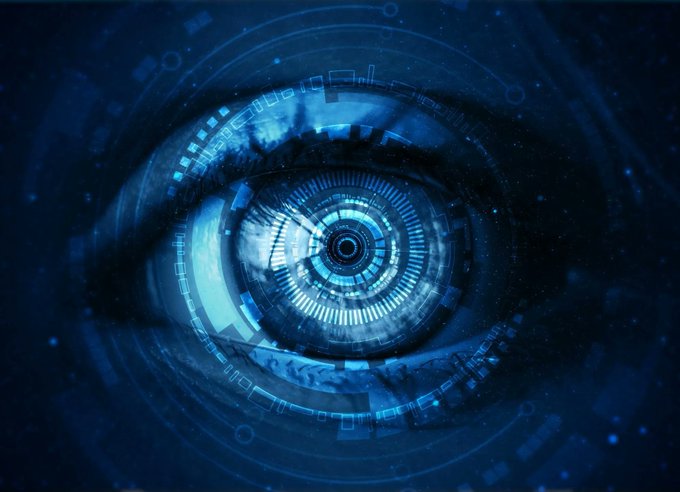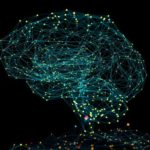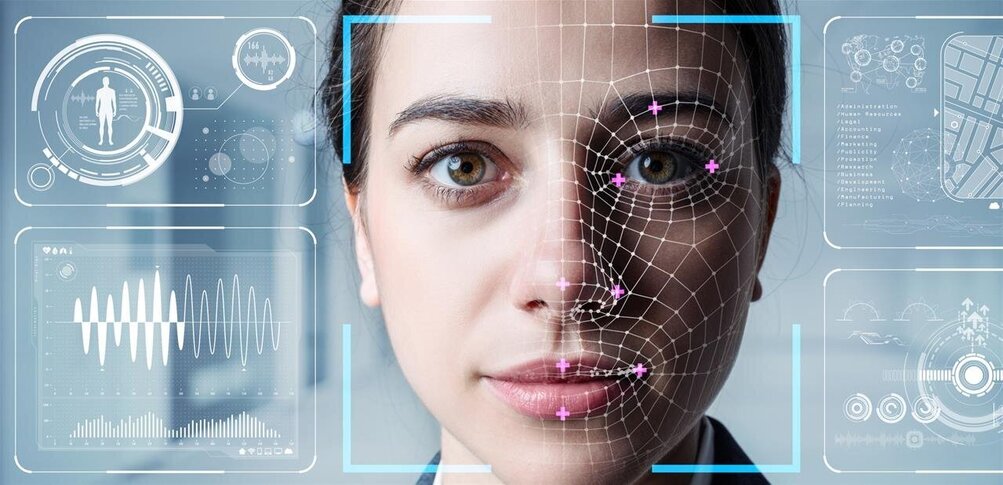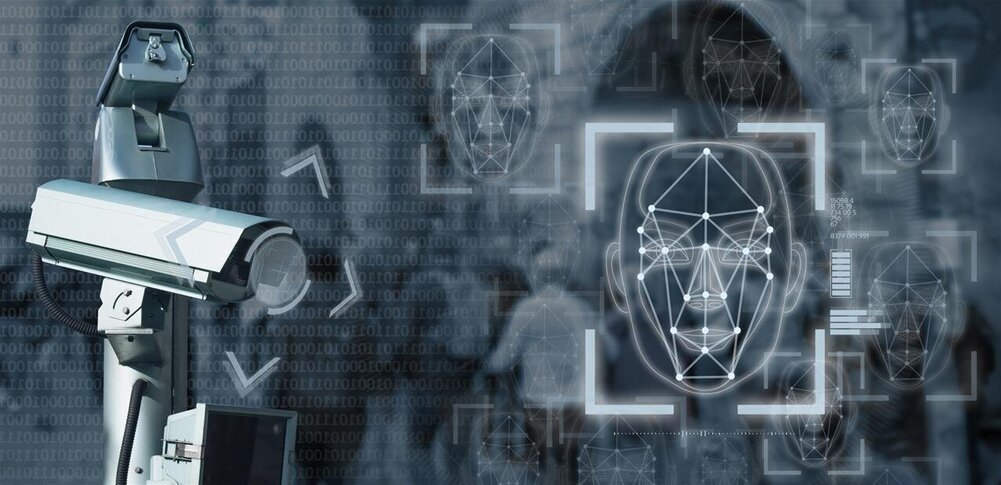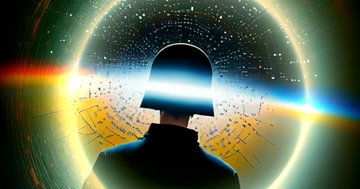This may be the year when artificial intelligence transforms daily life. So said Brad Smith, president and vice chairman of Microsoft, at a Vatican-organised event on AI last week. But Smith’s statement was less a prediction than a call to action: the event—attended by industry leaders and representatives of the three Abrahamic religions—sought to promote an ethical, human-centred approach to the development of AI.
There is no doubt that AI poses a daunting set of operational, ethical and regulatory challenges. And addressing them will be far from straightforward. Although AI development dates back to the 1950s, the technology’s contours and likely impact remain hazy.
Of course, recent breakthroughs—from the almost chillingly human-like text produced by OpenAI’s ChatGPT to applications that may shave years off the drug-discovery process—shed light on some dimensions of AI’s immense potential. But it remains impossible to predict all the ways AI will reshape human lives and civilisation.
This uncertainty is nothing new. Even after recognising a technology’s transformative potential, the shape of the transformation tends to surprise us. Social media, for example, was initially touted as an innovation that would strengthen democracy but has done far more to destabilise it by facilitating the spread of disinformation. It’s safe to assume that AI will be exploited in similar ways.
Mots-clés : cybersécurité, sécurité informatique, protection des données, menaces cybernétiques, veille cyber, analyse de vulnérabilités, sécurité des réseaux, cyberattaques, conformité RGPD, NIS2, DORA, PCIDSS, DEVSECOPS, eSANTE, intelligence artificielle, IA en cybersécurité, apprentissage automatique, deep learning, algorithmes de sécurité, détection des anomalies, systèmes intelligents, automatisation de la sécurité, IA pour la prévention des cyberattaques.

